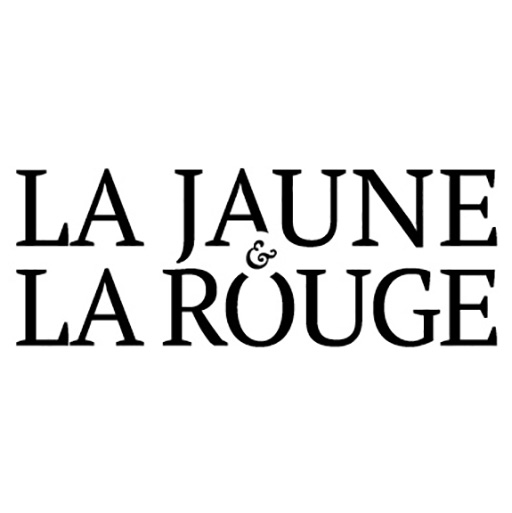We invest in companies that can make a difference

In this interview, Stian Ueland, portfolio manager of DNB Fund Renewable Energy, tells us more about the fund and its specificities.
Can you tell us more about DNB Asset Management and more particularly about the DNB renewable energy ?
DNB Asset Management is an asset manager that is owned by DNB Bank, which is the largest bank in Norway. It offers fixed income, equity funds and savings products to the bank’s clients and externally.
DNB Renewable Energy is one of the products offered by DNB Asset Management. Its strategy was launched in 1989. The Luxembourg Fund, which is focused on renewable energy and environment, was launched in 2007.
It has been actively managed for the past 15 years. We invest in the environmental scene globally in listed equities : companies that contribute to a better environment and also companies that benefit from the environmental tailwinds, that we believe are present.
The fund seeks to invest in equities contributing to a better environment. How do you define these equities and what are the main criteria you are taking into account ?
There is no clear and common definition of what is a green business or an environmental company. There are, indeed, different ways to approach the subject. As far as we are concerned, we are what we call a bottom up investor, we make deep investigations to understand their activity and how they impact the world through their activities. We develop close relations with the companies and the management. We also take into account ESG metrics such as carbon intensity, their transition plans and their goals towards net zero… This work and analysis enable us to make up our own judgment about how these companies contribute to a better environment and how they benefit from that trend or not.
In the spectrum of funds investing in the environmental theme, we are on the cleaner or greener side. For instance, we do not invest in companies in the early steps of their transition. We are also not interested in banking, healthcare, or real estate… If one can find that these companies are better positioned than others for the energy transition, however, we feel that their impact remains fairly neutral on the environment.
What are your main investments ? Could you give us some examples ?
In the fund, you find a lot of wind and solar technologies, utilities, developers of clean energy, energy efficiency companies, electrification… If we look at our participations, we can mention Darling Ingrendients (5 % of the portfolio) which operates in the biofuels sector. They collect proteins from the food value chain (bakeries, slaughter houses, restaurants, grocery stores, food establishments…) and separate the fat from the protein that they sell it to the biofuels industry. They also own and operate a renewable diesel business with the aim of replacing petroleum diesel. And they are currently building a sustainable aviation fuel business out of that renewable diesel business. We can also mention Emphase, an American listed company, that mainly offers inverters, batteries, as long as solutions and products for residential rooftop solar.
What are the main opportunities for French investors ?
In the fund, we do own French companies and we have also owned others in the past. The two current holdings are Schneider Electric, in the electrification part of the portfolio, and Air Liquide, in the hydrogen part.
How the energy crisis and the war in Ukraine has impacted your investment strategy ?
The war has not changed how we invest but it has changed the business opportunities and risks for companies we follow. We have witnessed a tailwind for the theme. Indeed, renewable energy and alternative energy are now seen as a way to reach energy security and a certain independency from commodity price cycles, while a few years ago, they were considered as a necessity for addressing climate.
What are the following steps ? What are your main challenges ?
We are looking for companies with a business model, a management and an activity that can make the difference. It is mainly companies that are able to carve out niches where they can generate profit, to evaluate how markets and business environments are changing to continually improving the portfolio.





